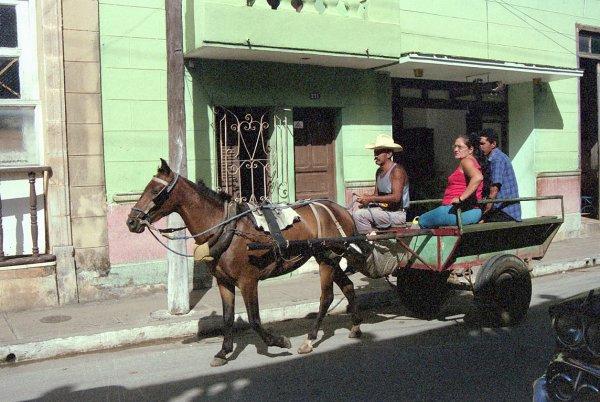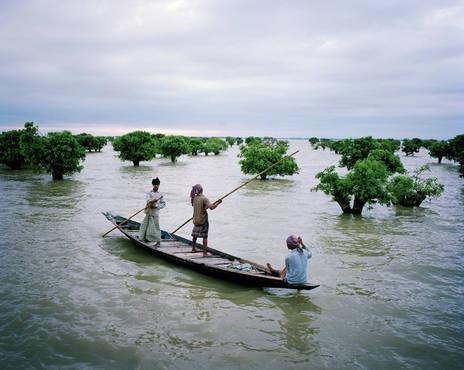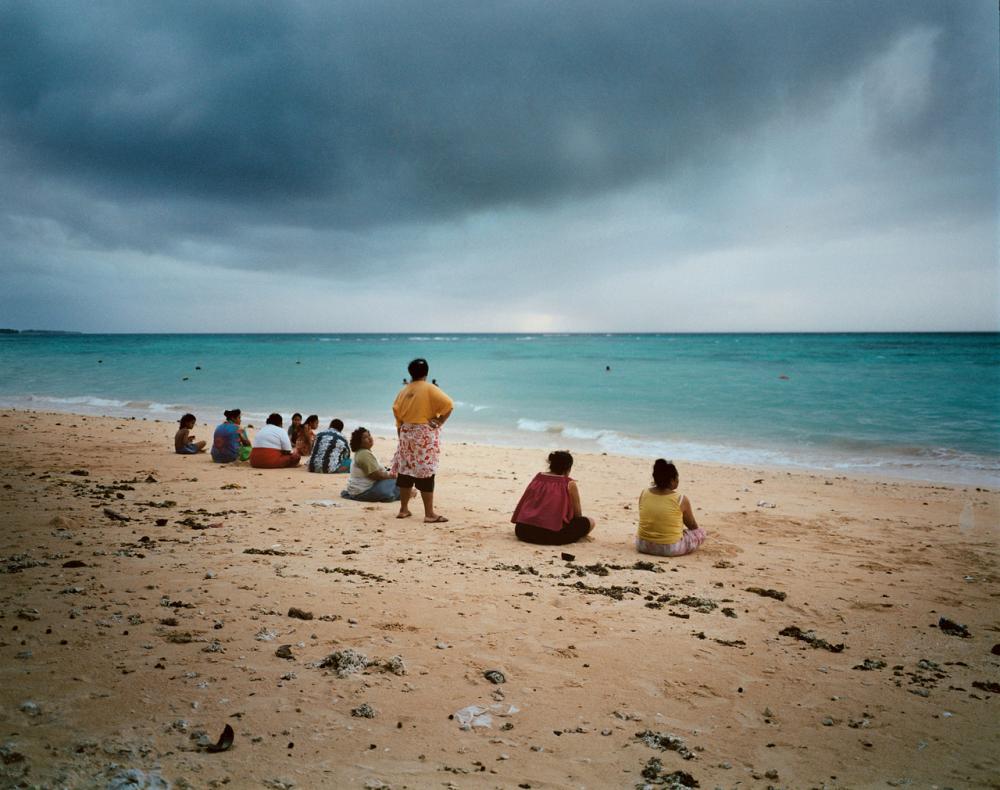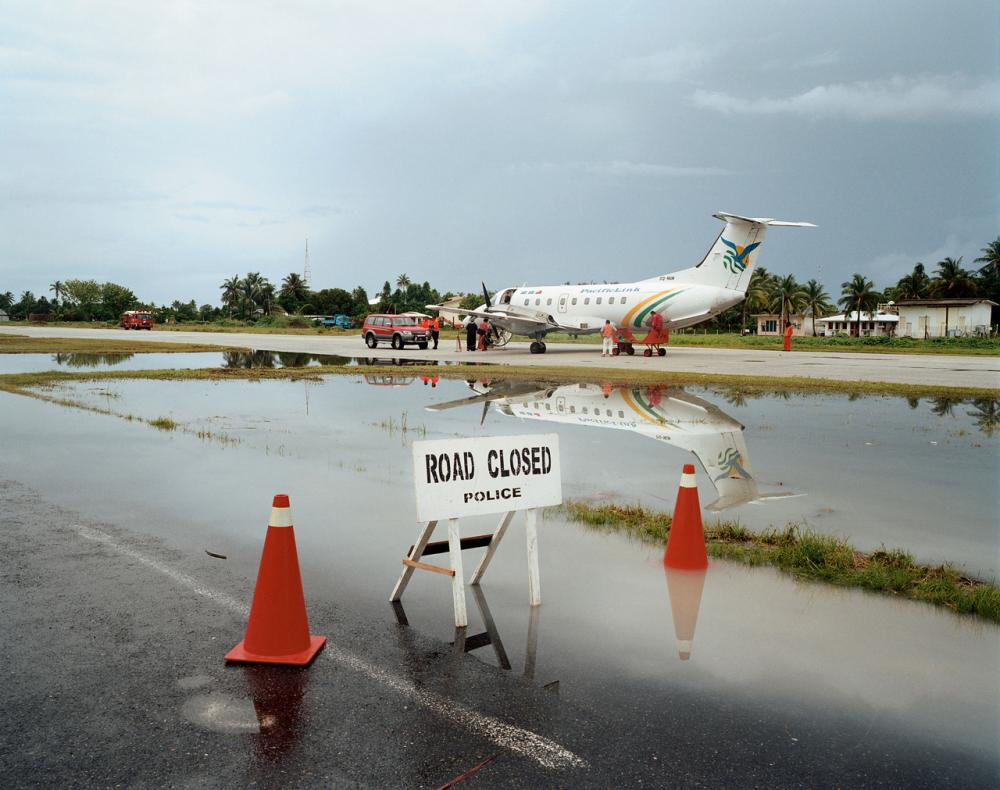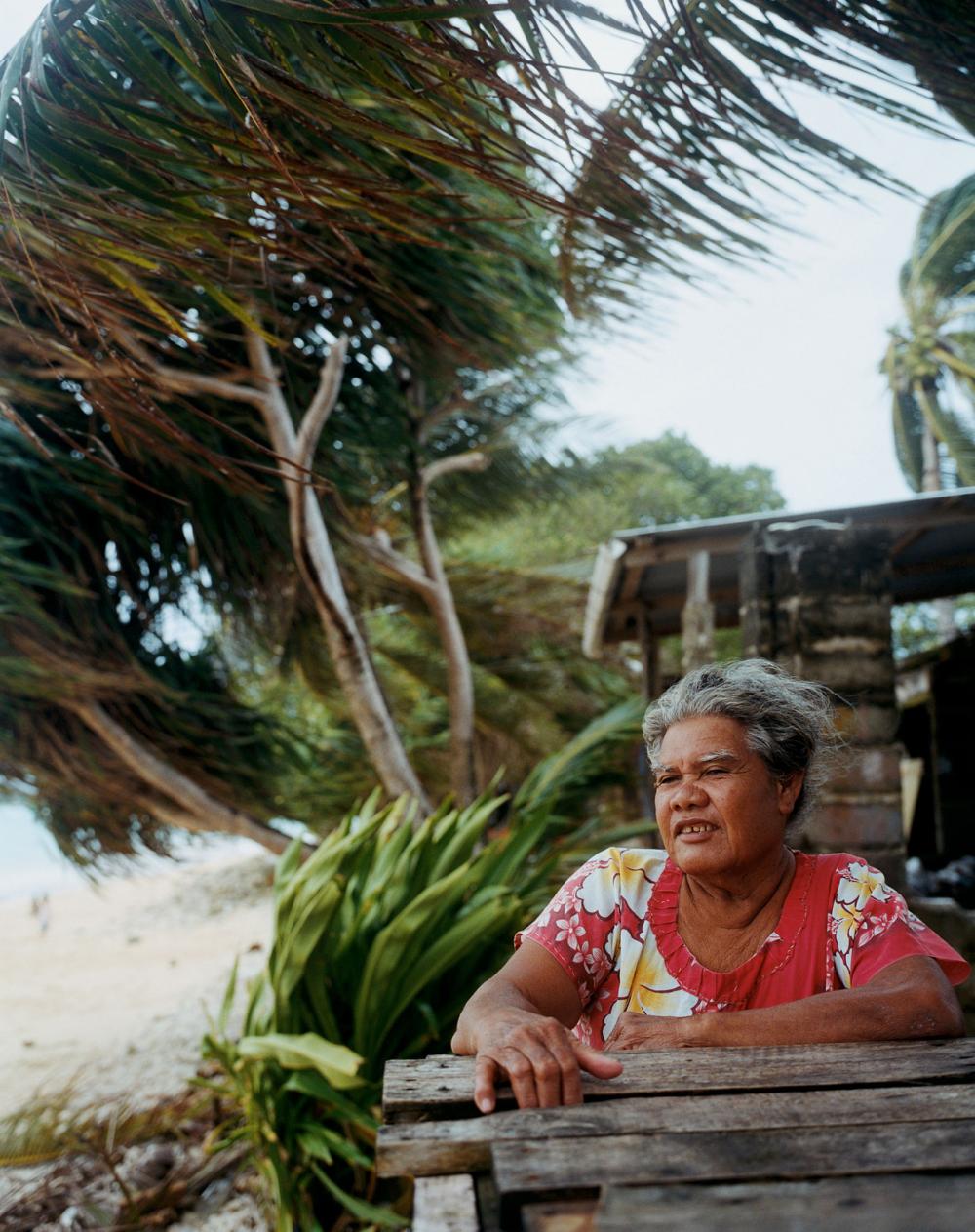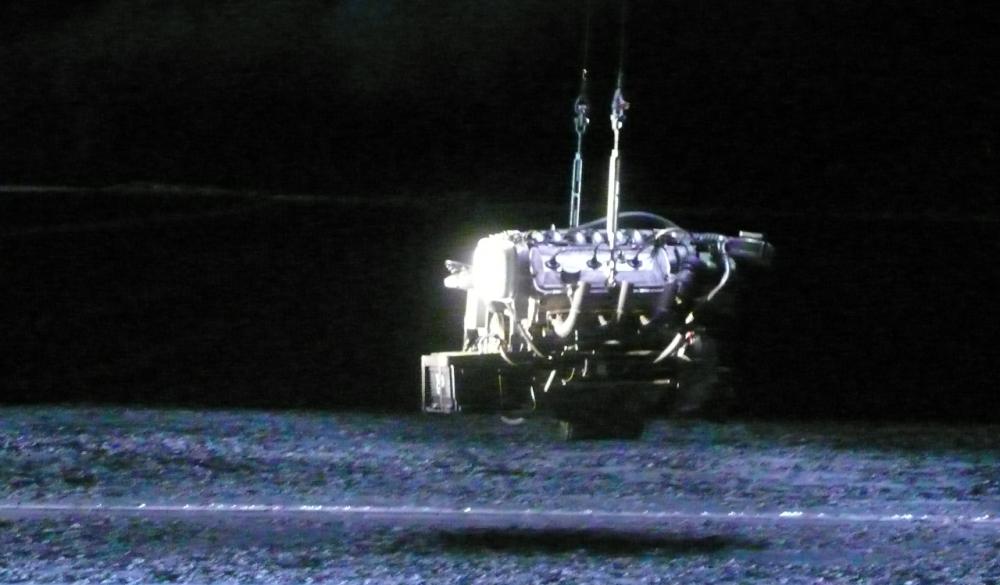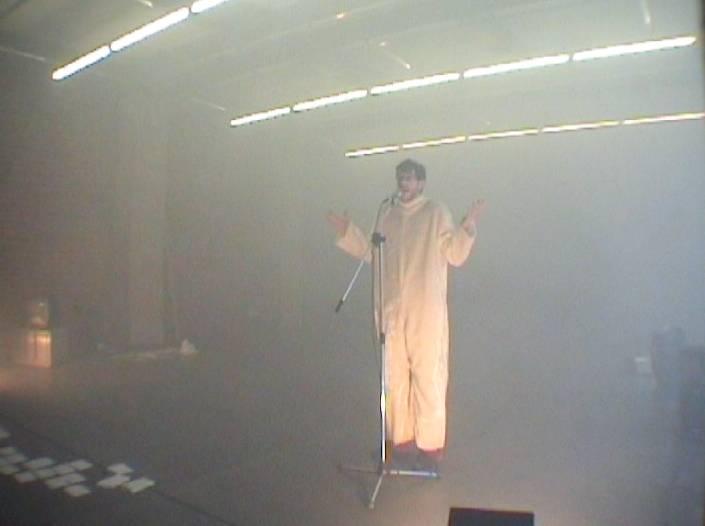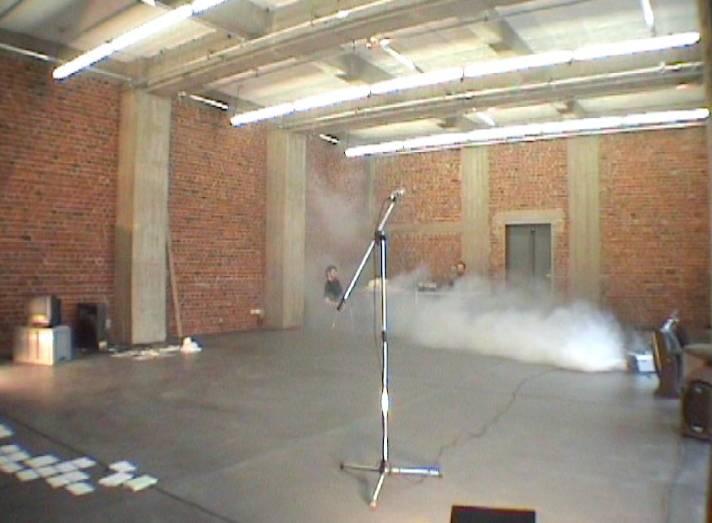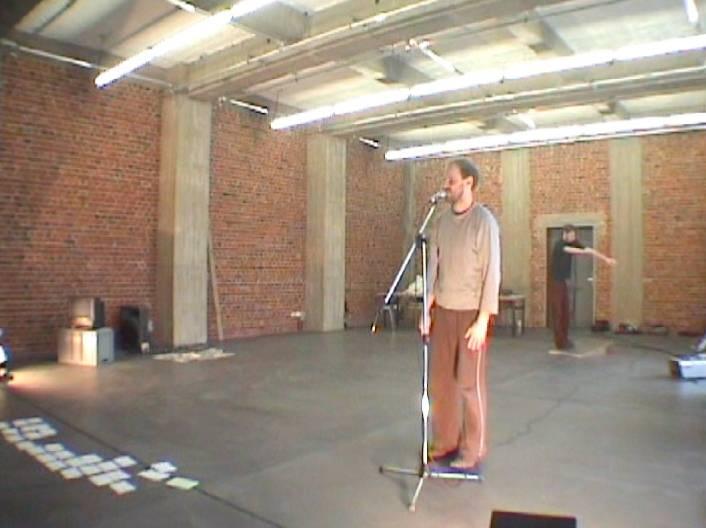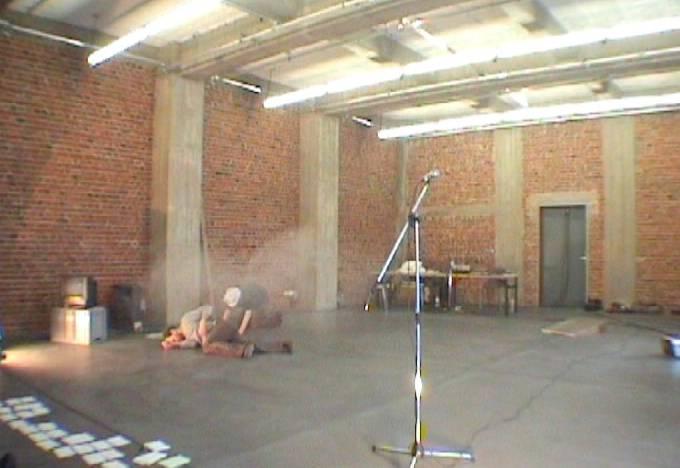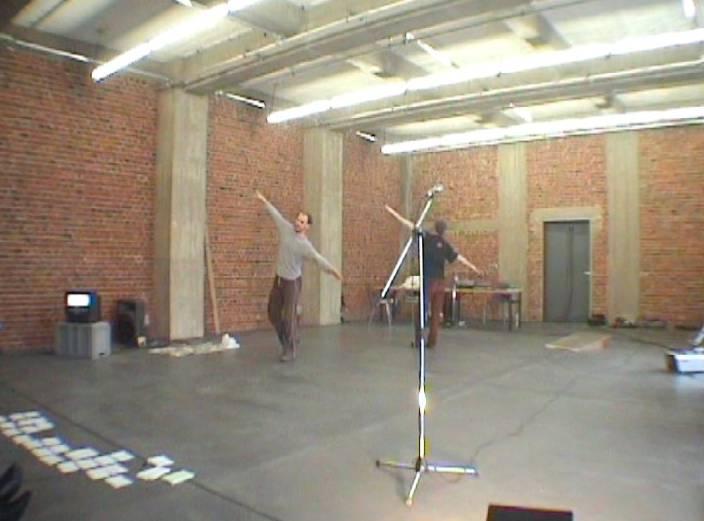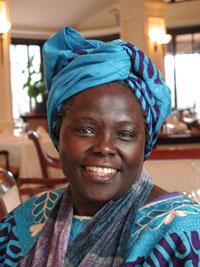Re-Routing Mobility
In the twentieth century, mobility became the symbol of freedom and progress. But at a time of greenhouse gases and peak oil, the symbolic value of mobility is being rapidly reversed. The exponential increase in the number of cars, air travel, food miles and so on is having a huge impact. And the other side of the story is a different, more distressing form of mobility: that of climate refugees.
14:00-18:00
AFTERNOON SESSION
in English | free | please book in advance
Stijn Neuteleers – Environmental refugees versus ‘classical’ refugees: do they generate different obligations?
At first glance the problem of environmental refugees might seem a simple one. Industrial countries are causing environmental problems and these problems cause streams of refugees. Environmental problems undeniably contribute to the refugee problem in general, but it is nonetheless difficult to name a particular group as 'environmental refugees'. The notion environmental refugees encompasses a wide diversity of subgroups and particular migrations are always the consequence of an interaction of factors. Therefore, an environmental refugees policy requires a classification of environmental refugees. Indirectly, however, the notion of environmental refugees shows that pollution contributes to human suffering and confronts industrial countries with their environmental responsibilities.
Stijn Neuteleers is a research assistant (Ph. D. Fellowship of the Research Foundation Flanders) at the Centre for Ethics, Social and Political Philsophy (K.U.Leuven). He writes a doctorate in political philosophy and his research focuses on justice, environmental problems and value pluralism.
Petra Ardai & Luc Van Loo – On ‘Holland Tsunami’
Ardai and Van Loo will talk about their latest production Holland Tsunami. It is a theatrical mockumentary. A ‘what if’ scenario about a tsunami threatening to flood Holland. It is Hungary, of all countries, that comes to aid the Dutch. Holland will be entirely evacuated and the Dutch must try to build up a new life in Hungary.
Donatien Garnier (Collectif Argos) – On Climate Refugees
Collectif Argos is a Parisian group of journalists and photographers who specialise in documentaries on climate refugees.
Panel discussion: The Performing Arts – Local or Global
That mobility is constitutive of the modern self-image also holds for many contemporary artists and curators, who seem to have made travelling the core of their practice, hopping from festival to biennial to residency. Doesn’t the claim of artistic autonomy come uncannily close to the ‘activism’ (sic!) of the neoliberal subject? And what about the medal’s other side: the distressing reality of environmental refugees?
Panel: Sacha Kagan, Els Keytsman, Dimitri Leue, Els Silvrants, Mary Ann De Vliegh, Martin Nachbar, Vincent Tirmarch, Zoe Knights
19:00-20:30
RE-THINKING FOOD #2 | Nomadic Food & Feral Trade / FoAM & Kate Rich
in English | €10 | please book in advance
FoAM, a cross-disciplinary, trans-local laboratory and the artist Kate Rich complicate the equation of food miles. This meal is prepared with products and ingredients freighted in from around the globe, in the spare luggage space of social and cultural travellers.
Feral Trade is a grocery business trading outside commercial systems. Goods hitchhike on other sources of movement, often using the art world as an energy source, harnessing the surplus freight potential of the many journeys logged by artists, curators and audiences to move grocery items intercity.
FoAM's food team prepares, presents and reflects on meals in unexpected contexts and uncertain conditions. They scavange ingredients and techniques from regional traditions around the world, as well as contemporary innovations of food science. For Burning Ice, they have sourced ingredients from the Feral Trade catalogue of goods, as well as FoAM's international network of cultural travellers, to cook up a trans-local feast with ingredients carried in by friends visiting from Australia, the Balkans, Asia, Scandinavia and various European centres and peripheries.
http://feraltrade.org - http://fo.am/feeding
![]()
20:30-22:30
EVENING SESSION
in English | free | please book in advance
A combination of performances, talks, music and film. The full programme will be announced later, but here is a small selection from the evening’s activities:
 | video |
 | lecture Els Keytsman [Brussels] - Terra Reversa / The end of tourism as we know it |
 | dance/performance |
 | diaporama Collectif Argos [Paris] - Requiem polynésien For many people climate change is a harsh reality. In years to come, the notion of the ‘climate refugee’ will appear in the media at least as often as the ‘political refugee’. The French photographers collective Argos has for several years been making reports on climate refugees all over the world. |
 | documentaire Marc Engelhardt - Hotspots, Africa speaks up on climate changeGermany, 2007, 22 min. The scientists in the Intergovernmental Panel on Climate Change (IPCC) state without a doubt that no continent will be hit harder by climate change than Africa. Their prediction: rising temperatures and a rise in extreme weather anomalies. Farmer and environmentalist Mulualem Birhane and his neighbours found out long ago what that means for the every day lives of Africans. In Ethiopia, one of the poorest countries in the world, almost all farmers rely solely on weather conditions for their harvest. “We used to have a fixed rainy season, but for some years now, it's been unreliable - sometimes, the rainy season doesn't come, sometimes the rain is too heavy or too late,” says Mulualem. |
 | performance Kris Verdonck [Brussels] - Dancer #2 The combustion engine, or its use, is one of the main guilty parties in the climate crisis. Kris Verdonck shows the engine in its naked reality and seeks out a confrontation between the ethical and the aesthetic. |
22:30-24:00
LATE NIGHT DOCUMENTARY FILM
in English | free
 | Gregory Greene - Escape from Suburbia, beyond the American dream A sobering yet vital and ultimately positive exploration of what the second half of the Oil Age has in store for us. |
